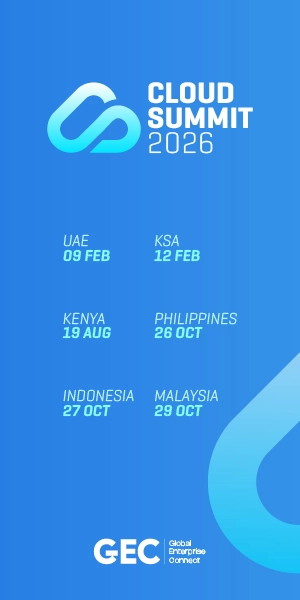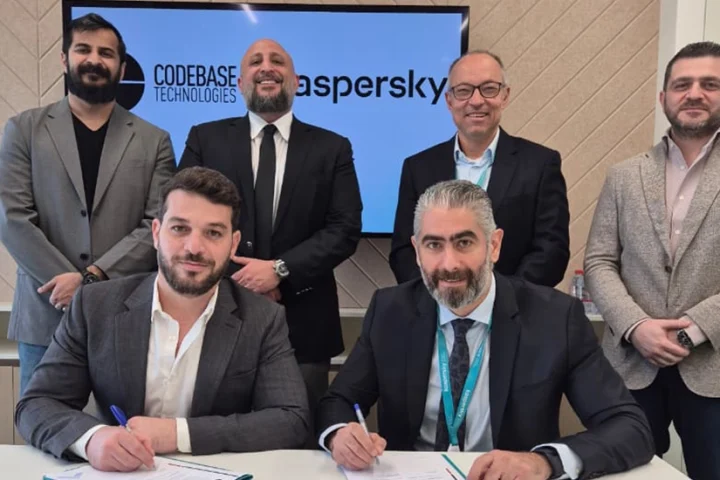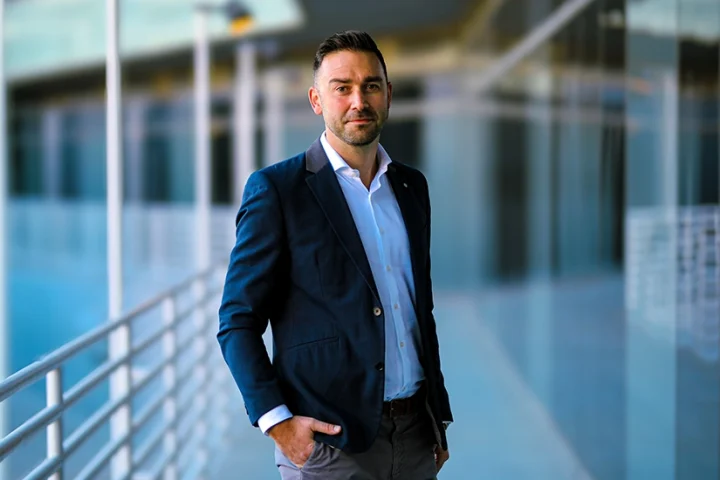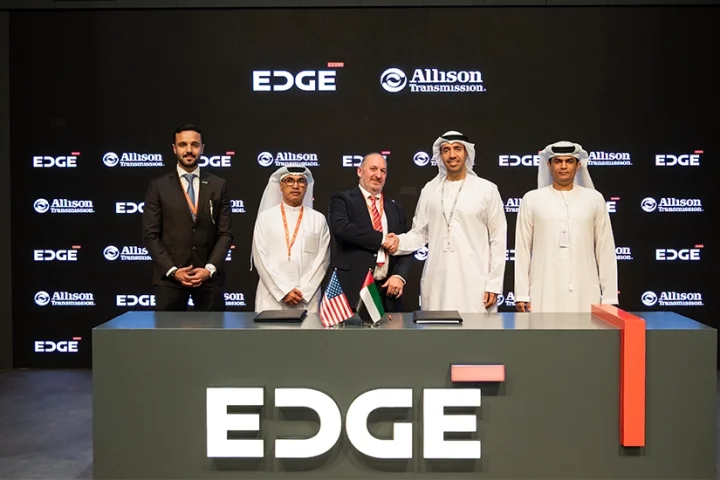With the heightened need and focus on cities of the future, the question we continually ask ourselves is are our buildings and projects future ready? Are we deploying technology innovatively and effectively to prepare and respond to the rapidly changing ecosystem, whilst honouring the history and craftsmanship of the past?
The industry may believe that smart cities or cities of the future are unlikely to impact the existing built environment, or that the timing is too far out to consider seriously. However, some evolving trends are likely to impact the industry faster than expected. Growing government focus, rapid advances in technology, and innovative solutions to improve and define the landscape we live in should compel the industry to prepare and respond to the changes in the ecosystem.
And in the words of New Corporation Founder, Rupert Murdoch: “The world is changing very fast. Big will not beat small anymore. It will be the fast beating the slow.”
As we take a closer look at the contracting industry we see it has largely grown throughout the years, but tends to follow primitive construction methods and techniques.
For example, the leather machines used by ANCA, are the same that are used for Ferrari. It not only exceeds the quality standards of today but also provides products that stand the test of time. We are also aware that the contracting industry in the future will have to become less reliant on human manpower and more on machines.
With these thoughts in mind, we identify the drive of construction innovation and client personalisation as a key theme. This is an outlook that we believe industry owners should consider integral to their business strategy. We believe that for companies to future proof their growth, a 360 offering of a bespoke end-to-end suite of services will be imperative.
Switching our attention to the competition, we can see that for clients it has never been tighter. Clients today have a growing desire for personalisation, with consumption patterns tilting toward more customised goods and services. In the 2017 State of Personalisation Report, it explores how personalisation impacts consumer choices, where consumers demand tailored experiences, what happens when retailers live up to expectations, and the effects of falling behind.
Consumers expect highly personalised experiences from companies and are willing to spend more money when entities deliver targeted recommendations. Despite those expectations, however, a majority of consumers are disappointed with the ongoing lack of personalisation in their consumer experiences.
As documented in the report on average 71% express some level of frustration when their experience is impersonal. The proliferation of new devices and the rapidly evolving technology landscape has led to a personalisation gap in the customer experience, and as consumers’ expectations rise, many companies struggle to meet them.
It is through new technologies, access to world-renowned craftsmanship, and integrated end-to-end solutions that businesses can address and enable customisation requirements. One size does not fit all. Knowing what your customers want and need can often be the one thing that solidifies their decision to do business with you. On the other hand, if you do not know your customer, that could be the one thing that drives them to the competitor.
Key takeaways
- Big will not beat small anymore, it will be the fast beating the slow.
- Clients today have a growing desire for personalisation, with consumption patterns tilting toward more customised goods and services.
- Consumers expect highly personalised experiences and are willing to spend more money when entities deliver targeted recommendations.
- A majority of consumers are disappointed with the ongoing lack of personalisation in their consumer experiences.
- 71% express some level of frustration when their experience is impersonal.
Consumers in the digital era want a personalised experience at every stage of their interactions explains Ujjwal Goel, Managing Director, Teraciel Group.


















